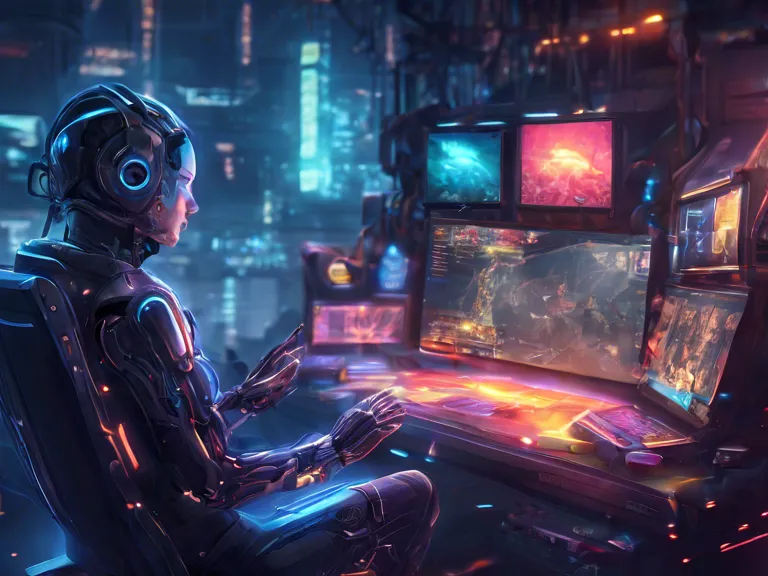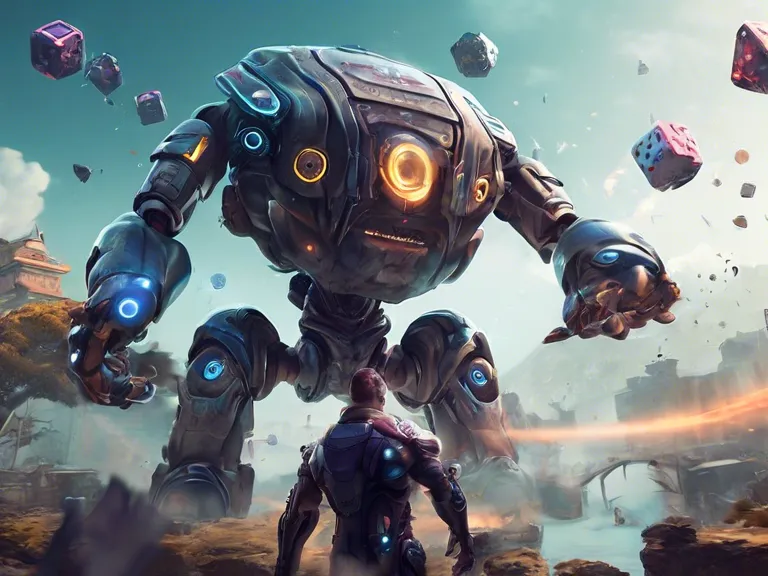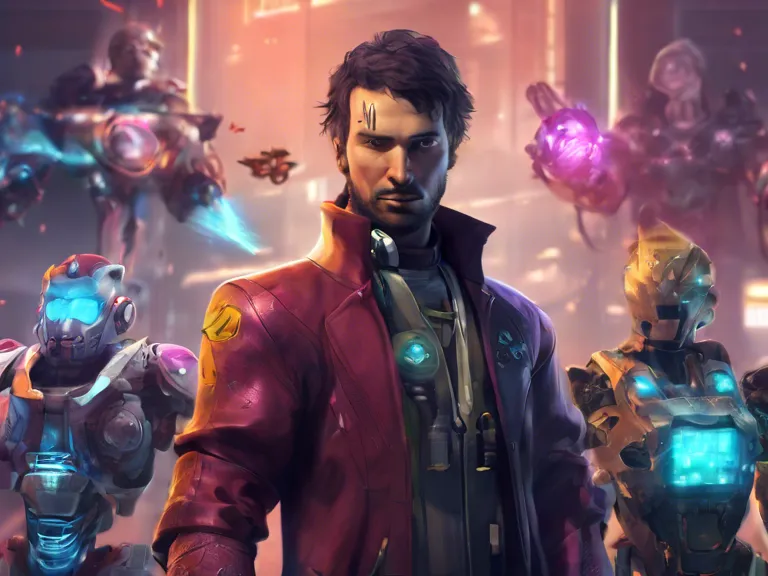
Machine Learning in Game Design: Personalizing Player Experiences
In the rapidly evolving world of game design, developers are constantly seeking ways to enhance player experiences and keep gamers engaged. One of the most promising advancements in this field is the integration of machine learning technologies. By harnessing the power of artificial intelligence, game designers can now create personalized experiences tailored to each individual player.
Machine learning algorithms are able to analyze vast amounts of data collected from player interactions with the game. This data includes everything from gameplay patterns and preferences to in-game purchases and social interactions. By processing this data, the machine learning system can generate insights that help designers understand what motivates and engages players.
One key application of machine learning in game design is the creation of dynamic difficulty adjustment systems. These systems analyze a player's performance in real-time and adjust the difficulty level accordingly. This ensures that players are constantly challenged without becoming frustrated or bored. By dynamically adjusting the game's difficulty level, designers can keep players in the flow state – that perfect balance between challenge and skill that leads to optimal gaming experiences.
Another application of machine learning in game design is the personalization of in-game content. By analyzing player preferences and behaviors, designers can tailor the game environment to each individual player. This could include customizing character abilities, adjusting level layouts, or even changing the narrative based on the player's choices. By personalizing the game experience, developers can create immersive and engaging experiences that keep players coming back for more.
In conclusion, machine learning technologies have the potential to revolutionize game design by personalizing player experiences. By leveraging the power of artificial intelligence, developers can create games that adapt to each player's unique preferences and behaviors. As the technology continues to evolve, we can expect to see even more innovative applications of machine learning in game design in the future.


